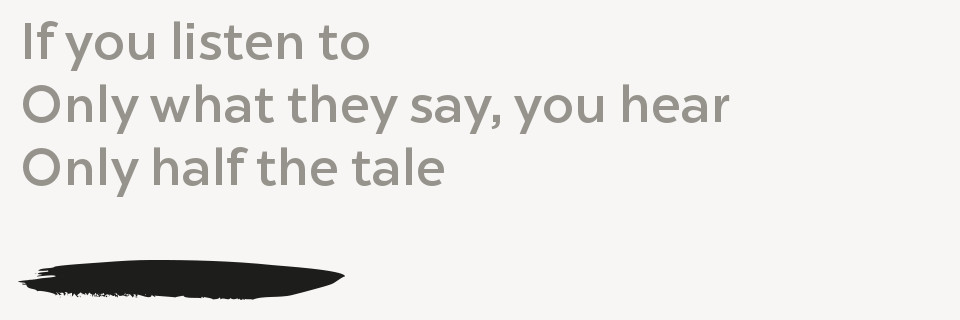When I was six years old, my father took me to see The Empire Strikes Back. I remember the car ride home more vividly than any part of the film. We argued about whether the jedi were real. I was sure they were, but my father dismissively invited me to look up jedi in the dictionary.
When we got home, I retrieved the bulky red volume and clumsily thumbed through the onion-skin pages. The words were painfully small compared to the children’s books I was accustomed to reading. Jauntily… jazz… jealous… jeep… Wait. Heart sinking, I anxiously scanned again where jedi should have been.
“It’s not there, is it?” my father said smugly, and I hated him in that moment. Not because he was right, but because he wasn’t listening (though, I didn’t understand that then). He completely missed an opportunity to read between the lines and see that I was struggling to make sense of my place in the world.
Even at that young age, I felt the force that binds all things together, and my father’s indifference was painful, to say the least. This was perhaps the first time I could put a name to what I innately understood to be my truth, and his callousness squashed my curiosity and left me defeated. He didn’t get it. I needed the Jedi to be real.
As I write this, I wonder how the conversation might have gone differently, had my father been listening to what I wasn’t saying:
“Josef, I see you’re really upset that the jedi aren’t a real thing. What do you love about the jedi?”
“They’re calm, but strong, and have special powers.”
“I like that about them, too. Would you want to be a jedi?”
“Yeah, but if they’re not real, then I can’t.”
“Well, not exactly, but there’s something similar that’s very real. Let’s see if we can get you signed up for martial arts…”
My life may have been forever changed. The impact of having my internal world felt and supported by my parents at such a young age? It’s hard to imagine.
Sadly, my interest in Eastern philosophies and practice of Zen, meditation, and martial arts remain something I can’t share with my parents. It doesn’t fit into their worldview.
Did my parents do the best they could? Of course they did.
The question I want you to ask yourself as you’re reading this is: Is there someone in my life waiting for me to listen deeply, and understand what they’re not saying?
Of course, it would be great if everyone would always say exactly what they mean, but mostly they don’t. Good listening makes that not matter.
Good listening means going beyond the content, beyond the words said. Good listening means the more upset someone becomes, the more you realize you’re likely not truly hearing them. (Click to tweet)
One of the greatest gifts you can give people, deep listening can change the course of someone’s life in a moment. Listen between the lines, and connect deeply with the person you’re listening to. As Obi-Wan said, “Reach out with your feelings.” It really works… because it’s real.
Wanna learn more? Deep listening is one of many soul-level practices we explore in the Clear and Open Dojo, where leaders just like you are working to solve people, money, and time problems once and for all.


